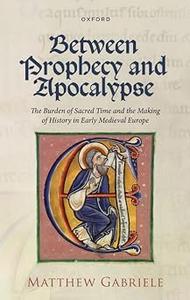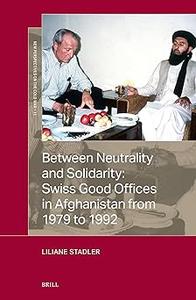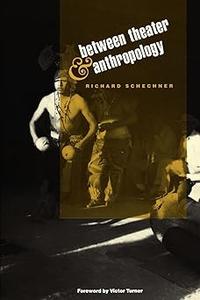
Free Download Matthew Gabriele, "Between Prophecy and Apocalypse: The Burden of Sacred Time and the Making of History in Early Medieval Europe"
English | ISBN: 0199642559 | 2024 | 160 pages | PDF | 8 MB
The tenth and eleventh centuries in medieval Europe are commonly seen as a time of uncertainty and loss: an age of lawless aristocrats, of weak political authority, of cultural decline and dissolute monks, and of rampant superstition. It is a period often judged from its margins, compared (mostly negatively) to what came before and what would follow. We impose upon it both a sense of nostalgia and a teleology, as they somehow knowingly foreshadow what is to come.
Seeking to complicate this mischaracterisation, which is primarily the invention of nineteenth and early twentieth century historiography, this book maps the movement between two intellectual stances: a shift from prophetic to apocalyptic thinking. Although the roots of this change lay in Late Antiquity, the fulcrum of this transition lies in the tenth and eleventh centuries. Biblical commentators in the fourth and fifth centuries enforced a particular understanding of sacred time that held until the ninth century, when exegetes of the ninth century found in their commentaries a different plan for God's new chosen people. This came into stark relief as the new kingdom of Israel (the Frankish empire under the Carolingians) had splintered in the 840s. God was manifesting his displeasure with the chosen people by fire and sword.
What was perhaps unforeseen was that these commentaries that were written in the specific context of the Carolingian Civil War would be heavily copied and read for the next 200 years. Ideas that formed in a world that actively lamented the loss of empire had to be translated to a world that could only dream of that empire. As they spread across Europe, these ideas became the basis for monastic educational practices, and bled into other types of textual production, such as supposedly "secular" histories.
Read more
Recommend Download Link Hight Speed | Please Say Thanks Keep Topic Live
Links are Interchangeable - Single Extraction


